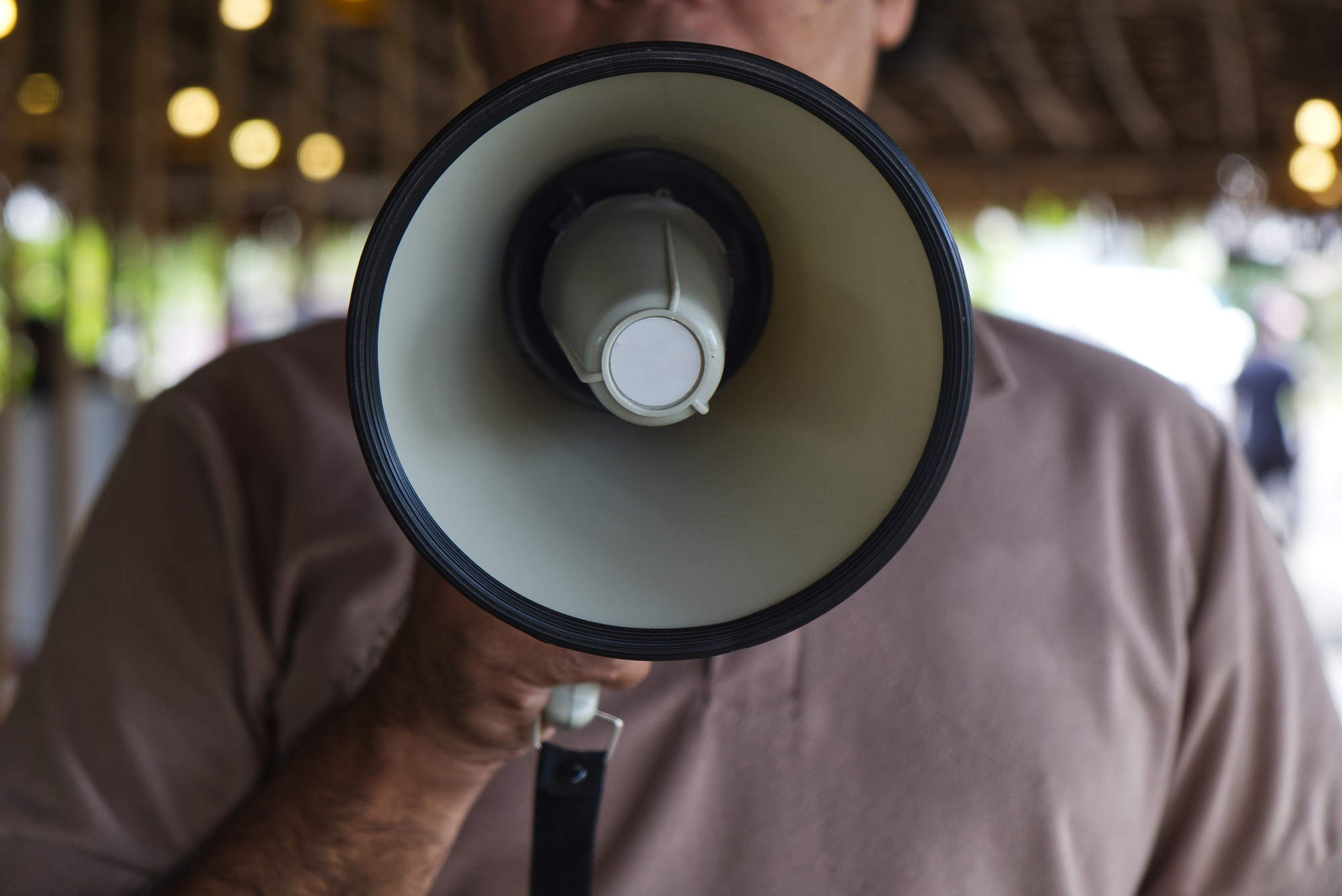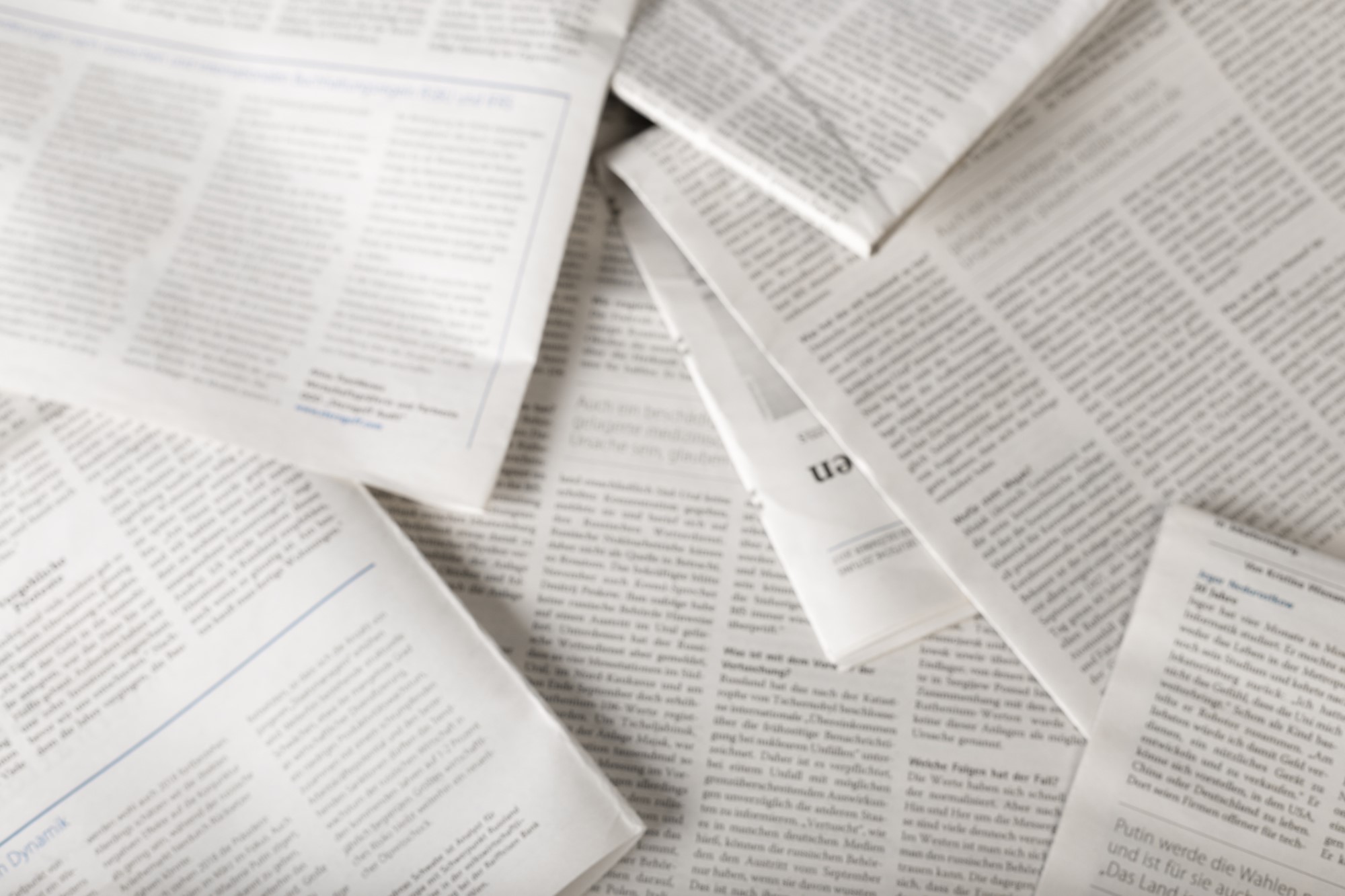Should We Protect Disinformation?

Every week, the Associated Press releases a “roundup of some of the most popular but completely untrue stories and visuals” circulating social media. These stories range from recent claims that a Milwaukee election official lost her job because of her involvement in manipulating the 2020 election, to France (a NATO member state) deploying troops in Ukraine — the latter of which, if true, would likely have resulted in a serious escalation of the Russia-Ukraine war.
Attempts to combat misinformation and disinformation, like the AP’s fact-checking efforts, have become vital in an information environment increasingly polluted by information content problems, many of which find a home under the label “fake news.” To minimize the threat that these false claims pose to sociopolitical tensions and our information environment, it is worth looking at one of the more harmful forms of fake news, namely, disinformation. Accordingly, we ought to reassess why we protect deceptive speech of this sort under the First Amendment.
The philosophical literature concerning free speech has three broad rationales for its defense: truth-seeking, democracy-preserving, and personal autonomy-based arguments. Truth-seeking defenses are generally consequentialist in that they value free speech for its ability to provide us with truth. One philosopher commonly associated with the truth-seeking rationale is John Stuart Mill. He believed that wrong opinions eventually yield to argument and fact, and consequently, they remain indispensable from dialectic. According to Mill, we ought to enshrine protections for freedom of speech because it plays a fundamental role in our ability to discover truth. Moreover, he argued that to suppress speech is to assume infallibility. Put simply, because we can never be certain about the truth of our perspective, we are never justified in suppressing the speech of others.
It goes without saying that Mill is correct about wrong opinions inevitably leading to arguments. However, his notion that wrong opinions eventually bring about facts is overly optimistic. One cause for concern is Mill’s truth-seeking argument implicitly assumes that every interlocutor acts in good faith. This assumption overlooks the abundance of cases where individuals are not seeking truth but rather something malicious, as with those who create disinformation. In contrast to misinformation, whereby inaccuracies arise inadvertently, disinformation refers to incorrect information intended to deceive, frequently resulting in harm. Instead of contributing to the pursuit of truth, those who create and share disinformation intentionally seek to subvert our efforts to access and act on true beliefs.
Additionally, truth-seeking arguments tend to overlook instances where individuals have been isolated into informational communities. In these information silos, disinformation is rampant because opposing viewpoints have either been omitted or their credibility has been actively undermined, as is the case in epistemic bubbles and echo chambers, respectively. One can forgive Mill for not anticipating algorithmic filtering in social media platforms and its influence on social epistemic structures. Nevertheless, truth-seeking defenses of free speech do not provide a strong argument for treating disinformation as protected speech.
Like their truth-seeking counterparts, democracy-preserving rationales are also typically consequentialist. Rationales of this sort consider freedom of speech invaluable to preserving democracy. Many advocates of democracy-preserving arguments, like the philosopher and free speech advocate Alexander Meiklejohn, structure their argument around the belief that a well-informed electorate is a fundamental component of a democracy. For an electorate to be well-informed, they argue it is necessary to protect freedom of speech.
Although the uninhibited flow of information can serve an important role in cultivating a well-informed electorate, defenders of democracy-preserving rationales often disregard how a laissez-faire approach to speech can undermine the same institutions that freedom of speech is intended to uphold. Take, for example, disinformation’s role in misinforming an electorate and the catastrophic consequences this can have on a democracy. Even a cursory glance at the disinformation campaigns orchestrated by those that sought to overturn the 2020 United States presidential election and their culmination in the 2021 United States Capitol attack demonstrates that speech that deliberately misleads others can undermine democratic institutions.
Perhaps the most compelling rationale for treating disinformation as protected speech comes from personal autonomy arguments. Although these arguments vary depending on one’s notion of autonomy, they generally claim that free speech is a natural right and thus fundamental and inalienable.
Autonomy defenses of free speech are commonly divided into speaker- and listener-centered theories. Procedural speaker-centered theories posit that restricting someone’s speech based on viewpoint undermines that individual’s judgment regarding what they choose to express to others. For example, a restriction against endorsing a particular political candidate would undermine the autonomy of their supporters. Procedural listener-centered theories contend that individuals have sovereignty over what they believe in relation to what they see, hear, and read. For instance, if the state were to intervene before individuals could reach a judgment on their own, this would violate their right and duty to independently decide how to act based on the information they receive. This latter view is often attributed to the philosopher Thomas Scanlon’s earlier work. For Scanlon, when we form beliefs and actions based on information others provide, we depend on our autonomous judgment.
Like the other two rationales, autonomy-based defenses routinely disregard how free speech absolutism can undermine the same institutions or ideals they aim to protect. Philosophers like Susan Brison have argued that misleading or false information, like fake news, can compromise autonomy by undermining one’s ability to make informed decisions. Brison believes this is partly because careful judgment is not always the determining factor that leads to our formation of beliefs. Put otherwise, we don’t always process information rationally. As a result, she argues, restricting fake news and other forms of disinformation does not deprive individuals of information that would be of any value to their ability to form accurate beliefs. Furthermore, it isn’t evident how this notion of autonomy precludes governmental intervention in restricting intentionally deceptive speech.
One might object that stripping legal protections for disinformation could result in individuals using the legal system to censor their political opponents. Critics might also worry that restrictions could result in legal punishment for unintentional instances of fake news. These concerns fittingly note that “fake news” has increasingly been misappropriated as a label for any content one finds disagreeable or seeks to discredit. Furthermore, concern about political censorship is not inapt given that much disagreement about what constitutes fake news correlates with political partisanship.
However, my focus here is on disinformation rather than the broader category of fake news. By defining fake news of the sort that we might consider restricting as synonymous with disinformation, we exclude instances of negligence (i.e., misinformation) or satire where false information is unintentional or palpable enough to recognize the comedic intent of the work.
Another potential objection comes from those who are sympathetic to governmental distrust rationales. Governmental distrust rationales range from worries about inefficiencies in enforcing policies (e.g., wasteful spending) to broader concerns about the government turning tyrannical. In the case of restricting disinformation, proponents claim that providing the government with the power to punish individuals for their speech would be overreaching, that is, too restrictive toward speech that deserves protections (e.g., political dissent, subversive art). However, adherents of governmental distrust rationales neglect to recognize that we already permit the government to restrict certain types of deceptive speech like false advertising. We provide the government with these powers because we recognize the importance of protecting individuals from situations where they are deceived into acting on false beliefs.
If none of the leading rationales for the value of free speech provide a strong basis for protecting disinformation, maybe we ought to heed the suggestion of philosophers who ask us to reflect upon what we value most in our commitment to free speech and consider whether the speech we currently protect aligns with those values. Our options inevitably present unique tradeoffs. However, it’s worth weighing these tradeoffs in consideration with the kind of society we want: one which places full responsibility on individuals to recognize and decide which information is reliable or one that plays a more active role in protecting its citizens from deceptive content.




